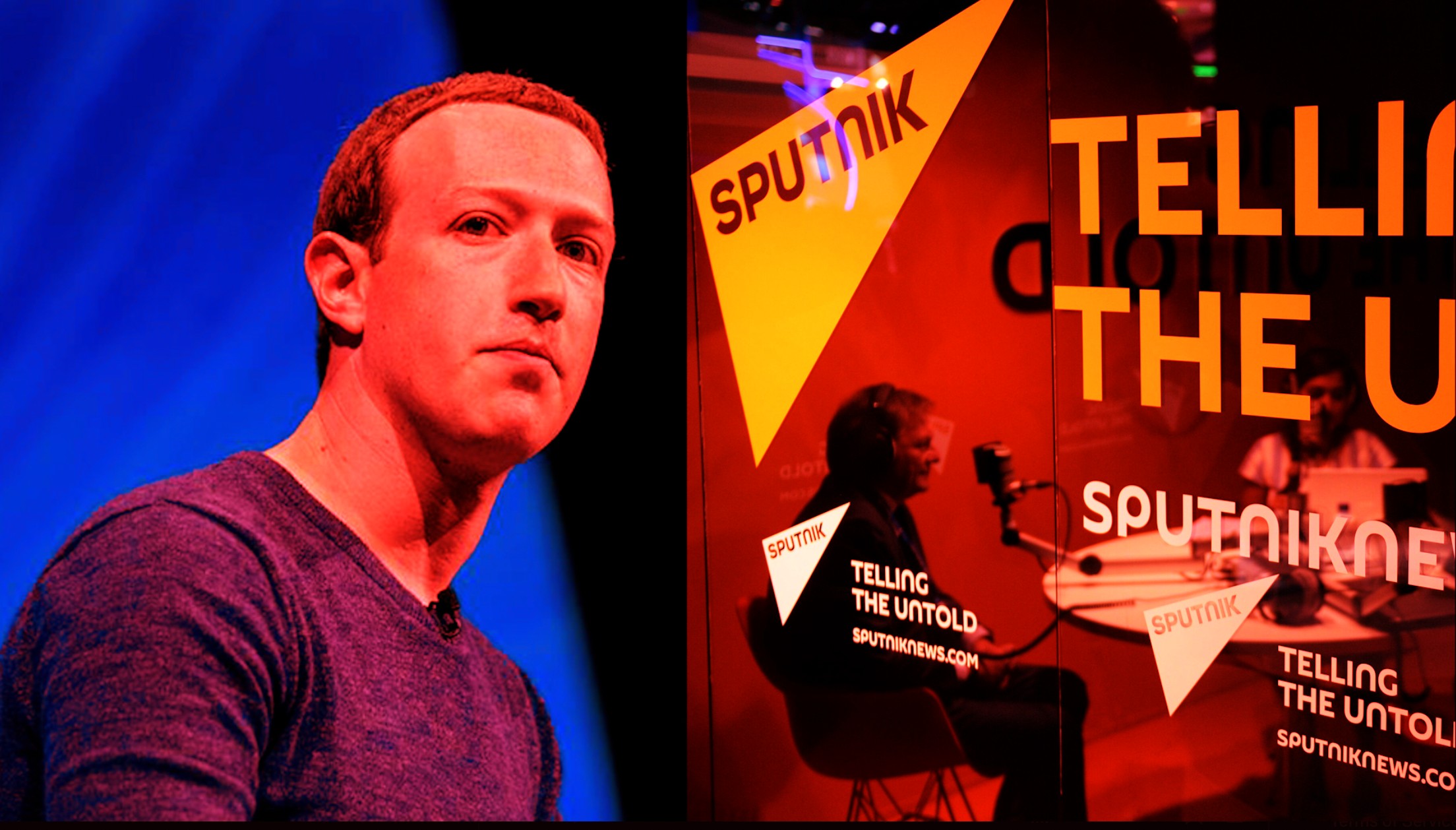Is there a secret to longevity? This health expert says 1,000% yes
In the era of social media, post-COVID, and with mental health at the forefront, a shift is taking […]

Following Meta’s move to prohibit Russian state-controlled media, including Sputnik India, from its platforms, questions have been raised regarding the impact of private firms on global media access. With Meta citing efforts to combat Russian disinformation, concerns have arisen about CEO Mark Zuckerberg’s role in shaping the information available to Indian citizens, sparking a broader debate about corporate governance, national interests, and the right to diverse perspectives in an increasingly digital world.
Critics argue against the notion that a private entity, led by Mark Zuckerberg, should have the power to dictate what media is available to Indian citizens. Sputnik India’s criticism brings to light concerns about the influence of U.S. policy on Meta’s decisions.
India’s Independent Policy Stance
India’s refusal to comply with U.S. requests underscores its independent policy approach, particularly regarding sanctions not sanctioned by the United Nations. The contrast with countries like the UK and Canada highlights differing stances on the issue of Russian media.
Corporate Decisions Under Pressure
The role of Meta and other tech companies in managing information is evolving, with these corporate decisions increasingly influenced by government pressures. The potential impact on press freedom and the diversity of viewpoints raises concerns about who controls the narrative in the digital space.
Freedom of Information at Stake
The broader question posed is whether private companies, subject to external governmental influences, should have the ability to restrict the flow of information to entire nations. This debate is central to the future of press freedom and the rights of citizens to access diverse perspectives in the global media landscape.
Meta’s Ban on Russian Media
Meta, which runs Facebook, Instagram, and WhatsApp, has banned Russian state-controlled media, including Sputnik India, from its platforms. This decision was made to curb Russian influence operations, following sanctions imposed by the United States on similar entities for spreading disinformation.
Sputnik India’s Response
In response, Sputnik India raised concerns via X (formerly Twitter), questioning why Mark Zuckerberg should have the power to control what news Indian citizens can access. They labeled Zuckerberg as a “puppet” of the United States.
US Sanctions and International Response
The U.S. requested cooperation from India to block Russian state media. However, India chose not to align with these sanctions, citing that they do not fit with India’s policies, particularly in the absence of United Nations’ backing. Meanwhile, countries like the UK and Canada have supported the U.S.’s actions.
Strategic analyst Brahma Chellaney commented that Zuckerberg has previously yielded to U.S. pressures, such as suppressing discussions on the COVID-19 lab-leak theory. He views the current ban on Russian media as another example of Zuckerberg bending to governmental influence.

In the era of social media, post-COVID, and with mental health at the forefront, a shift is taking […]

With its fast speeds and revolutionary potential, 5G stands out as a noteworthy milestone in the field of […]